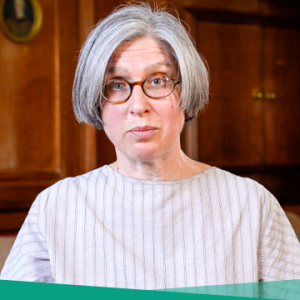
6 days ago
Lauren Kassell - Astrology, one of our longest intellectual traditions
Lauren Kassell, Chair in History of Science at the European University Institute, discusses the evolution of astrology.
About Lauren Kassell
"I am Professor of History of Science and Medicine at the University of Cambridge and Chair of the History of Science at the European University Institute.
My expertise is in the history of science and medicine, particularly astrology and magic and sex and reproduction in early modern England. I love archives, paper archives and digital archives."
From the Fertile Crescent until now
Astrology is one of the longest surviving intellectual traditions in history. So, when we get to early modern Europe, it has been around from its development in Ancient Mesopotamia, through its elaboration first by the Greeks and then in the Arab world. It gets transmitted to Europe in the Middle Ages, and then becomes more and more complex in the Renaissance. The basic premise of astrology isn’t something that was complicated. It was the most straightforward thing in the world. The heavens are connected to life on Earth, and as the stars move, so life on Earth changes.
Key Points
• Astrology, a tradition that has endured since the time of Ancient Mesopotamia, was grouped together with astronomy and based on observations in the natural world.
• Both the elite and the masses practised astrology, which was ubiquitous. It was studied in universities, but a university experience was not necessary to become an astrologer; apprenticeship was possible.
• In the early modern period, medicine and astrology were linked, but the latter was connected with controversy.
No comments yet. Be the first to say something!